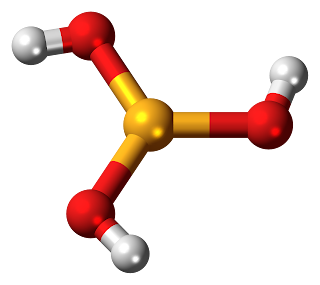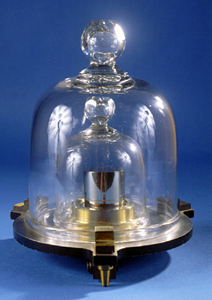Dimensional Analysis: Newtonian Physics Lecture Series Lecture 1: Chapter 1 Section 3
This is a natural continuation of Chapter 1 Section 2 . When we make models, we need to make sure that, when we run the numbers, the dimensions of the solution naturally make sense. The word "dimension" in physics means something more general than the definition we are used to here in every day life. We typically think of dimensions as length, width, and height; we do live in a three dimensional world, after all. The word dimension in science means the units that we are working with. This could be Distance (like length of a box), or is could be time (duration of a trip), or it could be mass (I weigh 15 stone). The dimensions of density are kilograms per cubic meter (kg/m 3 ). When these dimensions are used in mathematical equations, they are treated as if they are variables we've seen in Algebra ; they can be canceled and squared like any other value in mathematics. For example, if we have a room that is 20ft.×30ft.×15ft, then we multiply...

